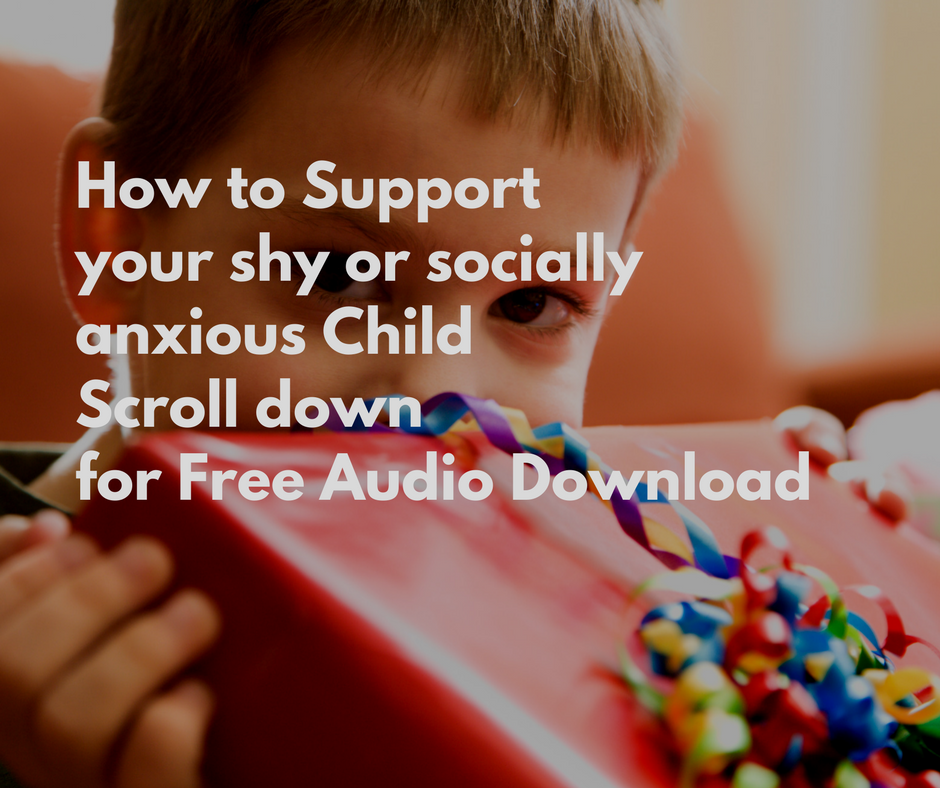 Parents often ask me how to help their “shy” child; what does it even mean.? Some children are not shy but very sensitive to what’s happening around them. Some may be more introverted, and others may need less social interaction as they can be happily absorbed in what they are doing or making; for the rest, it means that we can be awkward in social situations. I am sure you are reading this to support your child, so here are some suggestions.
Parents often ask me how to help their “shy” child; what does it even mean.? Some children are not shy but very sensitive to what’s happening around them. Some may be more introverted, and others may need less social interaction as they can be happily absorbed in what they are doing or making; for the rest, it means that we can be awkward in social situations. I am sure you are reading this to support your child, so here are some suggestions.
Don’t tell your child they are shy.
If your child is sensitive or struggles with new situations or people, don’t label them shy; accept, understand, and empathise. Enjoy and praise who they are.
Ask them what their worries are.
Sometimes, they might be able to say but often hold on to their bodies; exercise and mindfulness help. Try my bubble visualisation in my parent tools under my services.
Model confidence in social situations
Our children learn from us when they are out with strangers or shopping. Make a point of saying hello, being friendly and then discussing afterwards.
Teach your child about social situations
 Children learn and master their feelings through play. If you have lego people, play mobile, teddies or any minor characters. Show and tell. Start with smiles, greetings, handshakes, and saying something. Following this, you ask them what the “toy” would do and what they might say. Have fun, and remember you will have to do this repeatedly for the neurons in their mammalian brain to connect.
Children learn and master their feelings through play. If you have lego people, play mobile, teddies or any minor characters. Show and tell. Start with smiles, greetings, handshakes, and saying something. Following this, you ask them what the “toy” would do and what they might say. Have fun, and remember you will have to do this repeatedly for the neurons in their mammalian brain to connect.
Could you help them to make friends?.
Your child can gain confidence if you can help them in social situations. Children need to feel safe on a one-to-one first before gaining confidence in the group. Encourage one-to-one playdates. You may need to start with something you can do together, and then you can gently leave to make lunch or supper. If your child needs to cling, reassure, and wonder if they may feel worried, you know they will be ok. This might take some time as every child is unique. You may move to the group situation; some children manage their fears by being boisterous, almost jumping into the group. So, model, say, why don’t you hold my hand, and we slowly go up and say hello. The next time, remember what we did last time and praise.
Please help them by providing small daily opportunities for social interactions.
Sometimes, the small steps count, such as saying hello in a shop or asking for something. As they age, buying milk or a newspaper from the corner shop or ordering coffee for you are simple but effective confidence-boosting tasks, then Praise.
Everyone loves a sharer so share the advice. With love Catherine



Add Comment